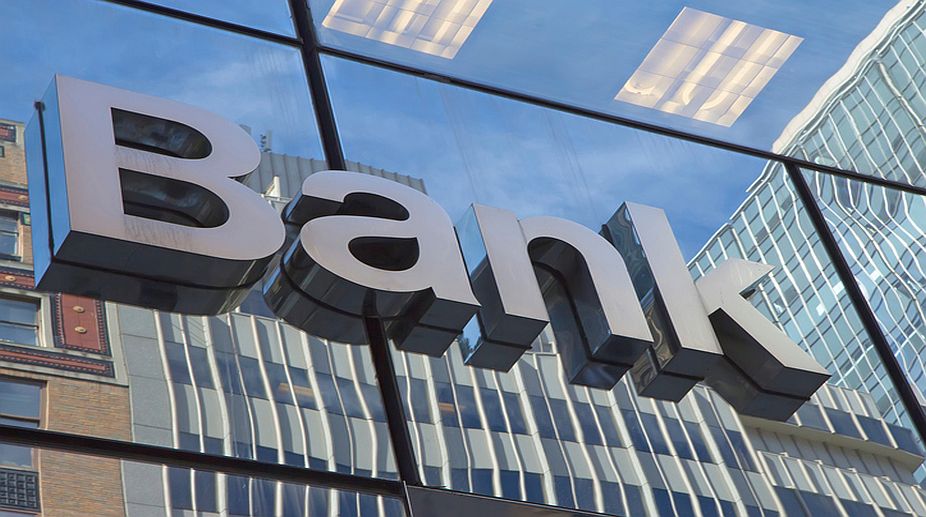New Framework
The appointment of former Reserve Bank of India Governor Shaktikanta Das as “Principal Secretary-2” to Prime Minister Narendra Modi marks a significant shift in governance strategy.

(PHOTO: Getty Images)
Terming performance of state-run banks as “substandard,” noted academic Vijay Joshi has called for quick privatisation of viable ones and massive scaling down of those on the brink.
To achieve these the Banking Nationalisation Act has to be repealed at the earliest and bring the state-run banks under the purview of the Companies Act, he said.
Advertisement
Calling for a “triple-track approach” Joshi said the government should force non-viable state-run lenders to become narrow banks on one hand, and radically reform governance in viable ones by limiting state control in some and quickly privatizing the rest.
Advertisement
“A triple-track approach would be desirable. Firstly, some non-viable state-run banks should be forced to become narrow banks. Secondly, in some viable ones, governance must be radically reformed while retaining state’s control.
“Thirdly, some viable state-owned banks should be privatised quite quickly,” RBI said quoting Joshi as saying while delivering the 15th LK Jha memorial lecture at the central bank headquarters today.
The emeritus fellow at Oxford also called for quick privatisation saying “there is clear evidence that the performance of public sector banks is substandard. Radical reform is thus imperative, and in this context, quick privatisation surely has a major role to play.”
Underlining the need for urgent governance reforms, he said while the Rs 2.11-trillion recapitalization will help restore capital adequacy which is needed after the significant haircuts they will have to take in the wake of the balance sheet clean-up, but the governance issues at state-run banks will continue to remain even after this large fund infusion.
“All this is highly commendable. But the basic problem of poor governance will remain after recapitalisation, with a high chance of a return to square one in future.”
He said to modernise banks and improve their overall efficiency, we clearly need large private sector banks to compete with large public sector banks.
“To achieve this, an essential first step would be to repeal the Bank Nationalization Act and bring PSBs under the Companies Act. It would give government the flexibility to reduce ownership to any extent it chooses,” Joshi said.
To privatize or to cede control, government would have to reduce its stake to 25 per cent or even lower, though it could, for a short transitional period, retain a so-called ‘golden share’.
Noting that all previous attempts to put real distance between government and the state-owned banks have run into the sand, he said “the ongoing extreme stress in the banking system has raised public consciousness about the dire state of nationalized banks thereby offering a golden opportunity to make a radical departure. The current crisis is too good a crisis to waste.”
Calling for competition, Joshi said, “banking is amenable to competition, and not a natural monopoly, so it is not a natural candidate for state ownership.”
The poor performance of state-run banks has got worse since the 2008 global credit crisis with their stressed advances hitting around 16 per cent compared to about 4.5 per cent in their private sector peers, he noted.
Joshi said this is the result of the way they are governed. “Poor governance stems from the disempowerment of banks’ boards by government, which has proved to be impossible to alter in our political culture,” he said
Advertisement